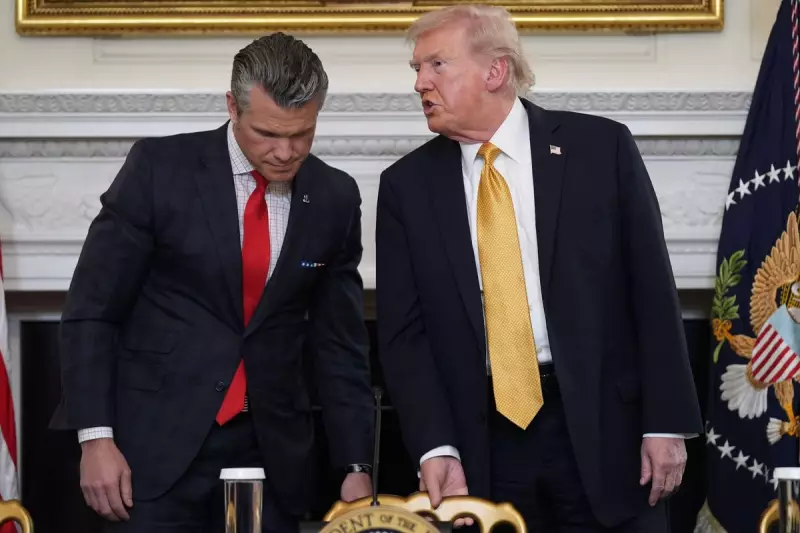
In a move that sent shockwaves through Washington's political establishment, former President Donald Trump authorised direct payments to US military personnel during a government shutdown - a decision legal experts now describe as constitutionally dubious at best.
The Constitutional Conundrum
At the heart of the controversy lies a fundamental question: can a sitting president unilaterally authorise payments without congressional approval? Legal scholars argue this action potentially violated the Anti-Deficiency Act, a cornerstone of US fiscal law designed to prevent executive overreach in spending.
The situation unfolded during a tense government shutdown when Trump directed payments to continue flowing to service members. While politically popular, this decision created what constitutional lawyers call a "dangerous precedent" for bypassing established budgetary processes.
Why Legal Warnings Were Ignored
Despite clear legal concerns, several factors made enforcement unlikely. The Department of Justice, under Trump's administration, showed little appetite for challenging the president's authority. Meanwhile, Congress remained deeply divided, reducing the likelihood of meaningful oversight or consequences.
Political realities often trump legal technicalities in such high-stakes situations. As one constitutional expert noted, "When troops' paychecks are involved, few politicians want to be seen opposing the measure, regardless of legal niceties."
The Bigger Picture: Executive Power Expansion
This incident represents another chapter in the ongoing expansion of presidential power. Successive administrations have tested the boundaries of executive authority, with Trump's troop payment decision marking one of the more audacious examples.
The episode raises critical questions about the checks and balances system. If presidents can authorise payments during politically convenient moments, what prevents future leaders from using similar tactics for less popular causes?
What This Means for Future Governance
Legal scholars warn that such actions create precedents that future administrations might exploit. The normalisation of bypassing congressional approval for spending decisions could fundamentally alter the balance of power between executive and legislative branches.
While the immediate crisis passed without legal consequences, the long-term implications for American governance remain concerning. As one analyst put it, "Each breach of constitutional norms makes the next one easier to justify."





